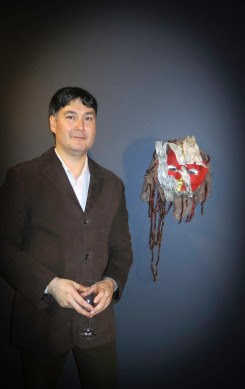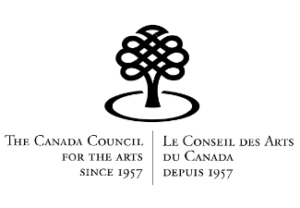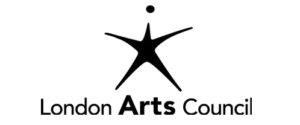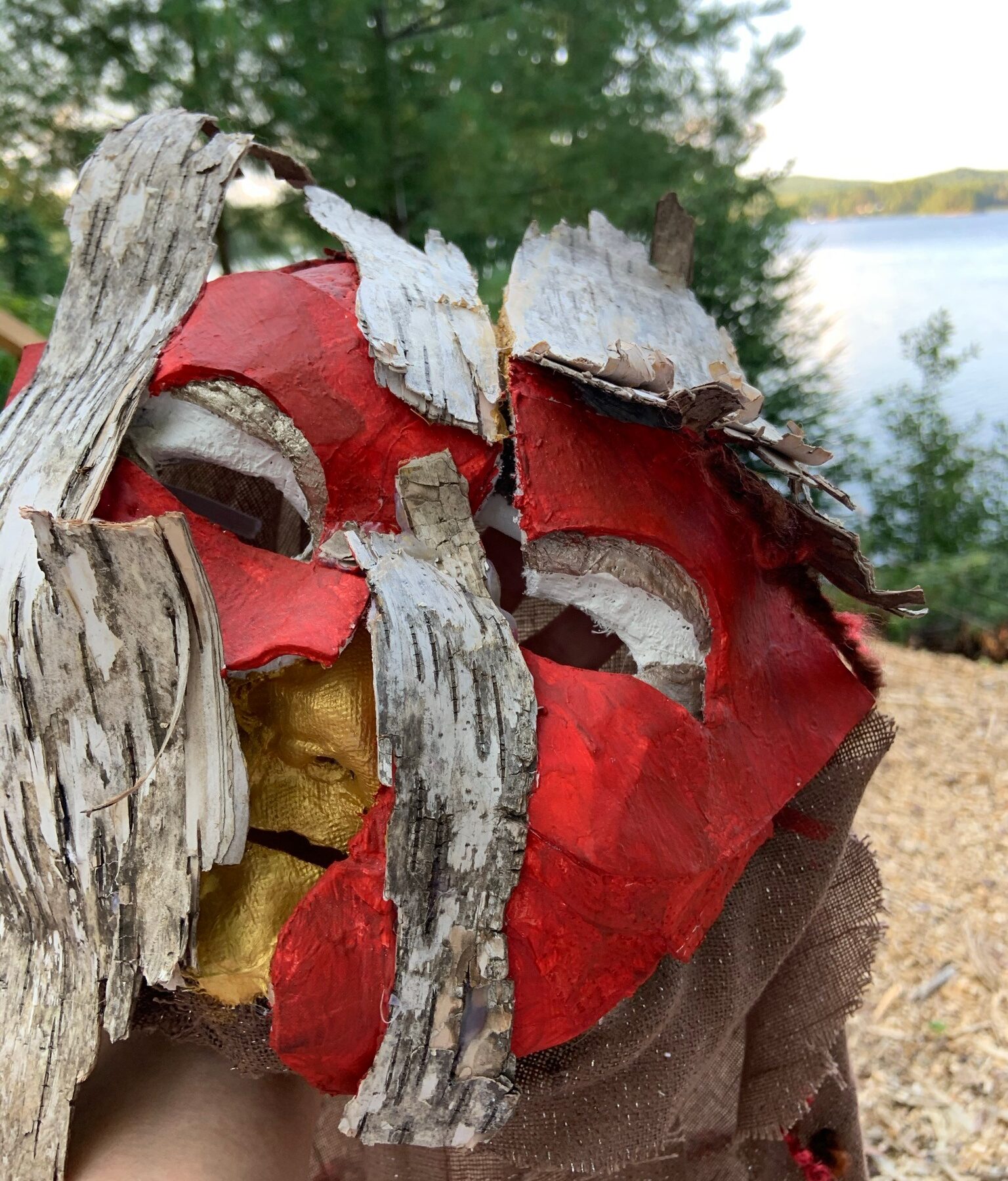
Billy with mask on display at Montreal Museum of Fine Art
Work in progress film clip
This project has been sponsored by a grant from the London Ontario Arts Council, Ontario Arts Councilfor the Arts.
Composting is a material labor whereby old scraps are transformed—through practices of care and attention—into nutrient-rich new soil. In this provocation, we use “composting” as a material metaphor to tell a particular story about living and dying practices in Southwestern Ontario. Matter breaks down and re-emerges into something new and yet how it is done differs across cultural practices. We will explore the theme of making soil through dancing, across different cosmologies and across the life-death boundary.
Artists:
Billy Jack Dotuhwright, Kevin O’Connor, Ruth Douthwright, Montana Summers, Marshall Stonefish, Linda Jantz, Wormwood, Public Displays of Art, Brooke Chrisjohn
Collaborators:
Community members of the Soho Community and Oneida of the Thames Nation
We have received a grant this year to think through death, burial practices and making soil as a form of ecological care across the city of London Ontario, and Oneida Nation of the Thames. We are thinking about other experiences of time and space possible for the relations between humans and soil/land alongside the dominant forms expressed by large-scale industrial agriculture, as a colonial practice within our hometown of London Ontario. The impetus for this piece occurred when Billy, a two-spirited Oneida artist (Turtle Clan of Oneida), and one of the originators of the Sweet Labour Art collective died suddenly from cancer. Billy’s burial ceremonies, including the spreading of his ashes occurred both on the Oneida Nation of the Thames located in southwestern Ontario in the traditional Longhouse, and in the SoHo community where he was raised with his adoptive family. Each site enacted different burial practices and different ways of making soil through death. Billy asked us to continue to think with him and his material body (his ashes) as we continue our collective artistic exploration.
This creative process is fraught with many contradictions. This process will examine everyday transformations in the ways people differently produce, reproduce, consume, and hence compost and enact their material worlds (including their bodies). How might we re-imagine composing and recomposing bodies and soil/land and time? How do we potentiality open up ways of thinking about how to remake death as a soil making practice as an alternative life process—with no guarantees. We want to think about “is another way making soil through dying possible” in this city we grew up in. Is it possible to decolonize death? Can death be done otherwise? What kinds of life flourishing and for whom might this “other way” support? How might a performance with Billy’s ashes teach us how death as a soil making-ecological practice can be allied to the resurgence of brown and black peoples, not their continued oppression?
The intersecting themes of two-spiritedness, queerness, settler-colonial relations, death, ecological care and improvised experimental dance provide both the historical context for this choreographic experiment. Ruth, Kevin and Montana are influenced by improvisation practices, including contact improv, despite their antagonism with its assumed style and whiteness. In this project they lean into the question of what does it mean to improvise with someone after they have died? How can this be a form of recomposing relations? How can improvising with death become a soil/land making practice? Is soil as a concept the right one to think with?
Soil is not only soil….
Soil is never a stable object that can be managed by humans, but rather an entanglement of life-propagating relations that include microbes, insects, sunlight, stories, ,decaying leaves, animal, human bodies, feces and urine, human labor, and more (tobacco, dances ) including the practices of buring bodies.
In order to decolonize our burial sites we first must decolonize dominant techno-scientific, chemically conceived, and market-oriented concepts of our funeral practices in relation with soils.
We have received grants for this project from the Ontario Arts Council and London Arts Council
We are from London, Ontario, and Oneida Nation of the Thames. Ruth and Kevin are professional contemporary dancers and choreographers, Montana is Oneida Nation Haudenosaunee and professional contemporary dancer/performer. Billy is an Oneida Nation Haudenosaunee visual/performing artist. We came together through complex world-making practices that included the forced removal of the Oneida People from their territory (now called New York State), adoption, immigration, dance events in London, and the Six Nations Reserve of the Grand River and migration relations between the Oneida of the Thames and the Soho neighbourhood of London Ontario.
Supported by the following:



